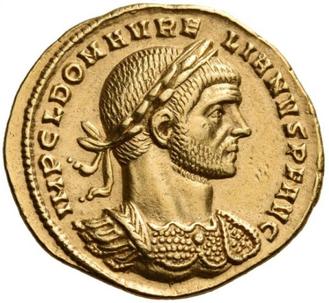
Picking the right allies at the right time can be crucial in politics and in war.
When a noble switched sides within a decade gaining in both and in the process perhaps saved his religion.
Story in the evening ...
When a noble switched sides within a decade gaining in both and in the process perhaps saved his religion.
Story in the evening ...
https://twitter.com/Arby_K/status/1438691677963571202
Moritz von Sachsen was born in 1521 to Heinrich von Sachsen and Katharina von Mecklenburg. The same year Martin Luther was called to the Diet of Worms under the protection of the Elector Friedrich von Sachsen of Saxony. Friedrich and Heinrich were first cousins. 1/10 

In 1485, the Electorate of Saxony had been divided between two brothers. The older Ernst retained the Electoral role, while the younger Albrecht became Duke. Friedrich succeeded Ernst as Elector in 1486, while Heinrich's elder brother, Georg, succeeded as Duke in 1500. 2/10 

Luther got wide support in 1520s, especially in Saxony. Elector Friedrich was succeeded by his brother, Johann, in 1525 and effectively became the leader for the Lutheran movement politically. Though Duke Georg remained Catholic, his eldest son, Johann, supported Luther. 3/10 

But Johann died before his father in 1537. By then, the Schmalkaldic League, a military alliance of the Protestant states, had been formed, with the Elector of Saxony, Johann Friedrich, at its head. In 1539, Duke Georg died and his brother, Heinrich, succeeded him. 4/10 

Heinrich promptly switched his domain to a Lutheran state. He died in 1541 and was succeeded by Moritz. The Schmalkaldic League had been growing in the meantime, but Moritz continued his support of the Catholic Habsburgs, who also ruled in neighbouring Bohemia. 5/10 

The next years saw Duke Moritz support Emperor Karl in his wars against the French and the Ottomans. In 1546, the Emperor made peace with France and set out against the Schmalkaldic League. Mortiz again allied with the Emperor, who promised to make him Electorate of Saxony. 6/10 

After the victory at Mühlberg, the imperial forces imprisoned Elector Johann Friedrich and his associate, Landgrave Philipp von Hessen, who was also Moritz's father-in-law. The new Elector Moritz was also unhappy with the imperial decree on religion set out at Augsburg. 7/10 

Duke Moritz led the Protestants into a new alliance. He also enlisted the support of the French by "ceding" three Bishoprics - Metz, Toul and Verdun. Once France occupied the Bishoprics in 1552, the Emperor had to recover them. But he was stopped by Moritz and his allies. 8/10 

The Emperor then made peace with the Protestants but he could not prevent France from retaining the Bishoprics permanently. The Peace of Passau (1552) and of Augsburg (1555) gave Lutheranism legal backing within the Empire. 9/10 

Elector Moritz died in 1553 before he could see the Peace of Augsburg and was succeeded by his brother, August. His grandson, Maurits von Nassau, would later play an important role in the Dutch war for independence from the Habsburgs. 10/10 

• • •
Missing some Tweet in this thread? You can try to
force a refresh














